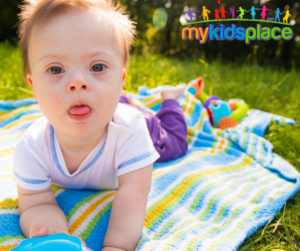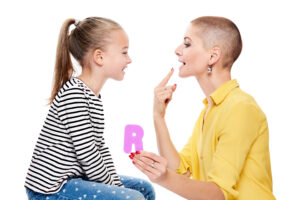Introduction
Social skills provide the foundational building blocks to acquiring interpersonal and life skills. Whether you identify as an introvert or extrovert, all individuals have an innate desire for human interaction and a sense of belongingness. Upon receiving good news, you want to share and celebrate with those you care about. When tragedy strikes, or you are just having “one of those days”, you want to confide in those same people for comfort. Now that you probably have those people in mind, have you ever reflected on how we acquire the skills to build such complex relationships?
Think about how you and your best friend reached this point in your friendship. You were not always this comfortable with them. Your interactions started out with small talk and polite smiles until a friendship formed over time. It may not have felt like it at the time, but building this relationship was an intricate process. An intricate process based on societal norms embedded in our minds at an early age. An intricate process that required a variety of social skills.
This post is the first of a three-part series where we will discuss social skills and strategies to facilitate social development in children. In this blog post, we will cover the significance of social skills and how they impact social participation, social development, and overall child development.
Social Participation and Occupation
A variety of children’s occupations and environments require social skills. Occupations such as play, education and leisure often involve other individuals such as friends, peers, family and other community members. Social interactions can also occur outside of face-to-face interaction. For instance, virtual mediums such as telephone calls or video-calling count as social participation. It is important for children to learn how to participate socially as it contributes to their overall learning and development.
What are Social Skills?
Social skills concern an individual’s ability to regularly interact with other people both verbally and non-verbally in ways that fit cultural norms. For example, making eye contact, displaying appropriate emotions and concluding conversations are all expected behaviors. However, developing good social skills also includes understanding feelings (both our own and others), learning how to solve problems, and controlling our impulses.
Why is Social Development Important?
According to SCAN of Northern Virginia, social development refers to the process by which children begin interacting with others and understanding societal and cultural norms (SCANVA, 2020). Through this process a child will begin forming friendships and other relationships. As the child begins to familiarize themselves with socially appropriate actions, a process of trial and error occurs. This process facilitates the development of problem solving skills and coping mechanisms. These components are crucial to appropriately handling conflicts in the future. As a result, social development has a significant impact on emotional development as children learn about empathy, compromise and communication during conflicts. However, all children are different and require encouragement to socially engage to the best of their abilities, even if this means not achieving some of these skills. For these individuals who develop at a different pace, “social awkwardness” could be a contributing factor.
Social awkwardness
Some individuals find it exciting and fun to meet new people. For others, making small talk or initiating conversations presents a significant challenge. It can result in feelings of low self-esteem and avoidance of social interactions. For these individuals, they might be classified as “socially awkward,” in reference to the “feeling we experience when we believe that our desire for being accepted by others is threatened in a given situation. This feeling incites us to turn inward, increase our self-monitoring, and attempt to behave in ways that will better our chances for acceptance” (Clegg, 2012). It is important to emphasize that social awkwardness is quite common and nothing to be ashamed of.
Conclusion
The importance of developing social skills in children cannot be underestimated. Some feel that in kindergarten, social skills are more important than academics. Regardless of whether or not you consider yourself to be “socially awkward,” we have all probably had an awkward moment within the last week. Remember that these skills develop with practice and continue to develop over the lifespan. While most children develop the social skills to navigate life, many would benefit from support from an occupational or speech therapist. This is especially true of children with autism spectrum disorder, which will the topic of my next post.
References
Clegg, J. (2012). Stranger situations: Examining a self-regulatory model of socially awkward encounters. Group Processes and Intergroup Relations, 15 (6), 693-712 DOI: 10.1177/1368430212441637
Va, S. (n.d.). Parent Support. Retrieved April 16, 2020, from https://www.scanva.org/support-for-parents/parent-resource-center-2/social-development-in-children/


